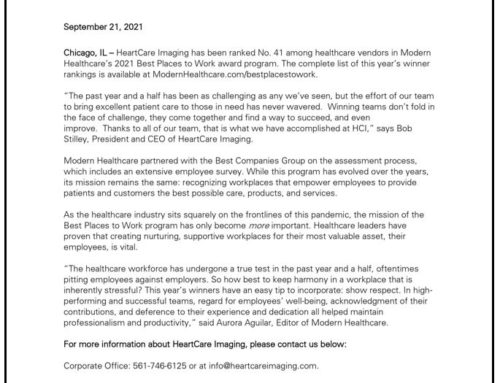Dog ownership associated with longer life, especially among heart attack and stroke survivors.
Summary: Dog ownership was associated with a 33% lower risk of early death for heart attack survivors living alone and 27% reduced risk of early death for stroke survivors living alone, compared to people who did not own a dog. Dog ownership was associated with a 24% reduced risk of all-cause mortality and a 31% lower risk of death by heart attack or stroke compared to non-owners.
Dog ownership may be associated with longer life and better cardiovascular outcomes, especially for heart attack and stroke survivors who live alone, according to a new study and a separate meta-analysis published in Circulation: Cardiovascular Quality and Outcomes, a journal of the American Heart Association.
“The findings in these two well-done studies and analyses build upon prior studies and the conclusions of the 2013 AHA Scientific Statement ‘Pet Ownership and Cardiovascular Risk’ that dog ownership is associated with reductions in factors that contribute to cardiac risk and to cardiovascular events,” said Glenn N. Levine, M.D., chair of the writing group of the American Heart Association’s scientific statement on pet ownership. “Further, these two studies provide good, quality data indicating dog ownership is associated with reduced cardiac and all-cause mortality. While these non-randomized studies cannot ‘prove’ that adopting or owning a dog directly leads to reduced mortality, these robust findings are certainly at least suggestive of this.”
Given previous research demonstrating how social isolation and lack of physical activity can negatively impact patients, researchers in both the study and meta-analysis sought to determine how dog ownership affected health outcomes. Prior studies have shown that dog ownership alleviates social isolation, improves physical activity and even lowers blood pressure — leading researchers to believe dog owners could potentially have better cardiovascular outcomes compared to non-owners.
Read Full Article Here. Source: American Heart Association, Oct. 8, 2019







Leave A Comment